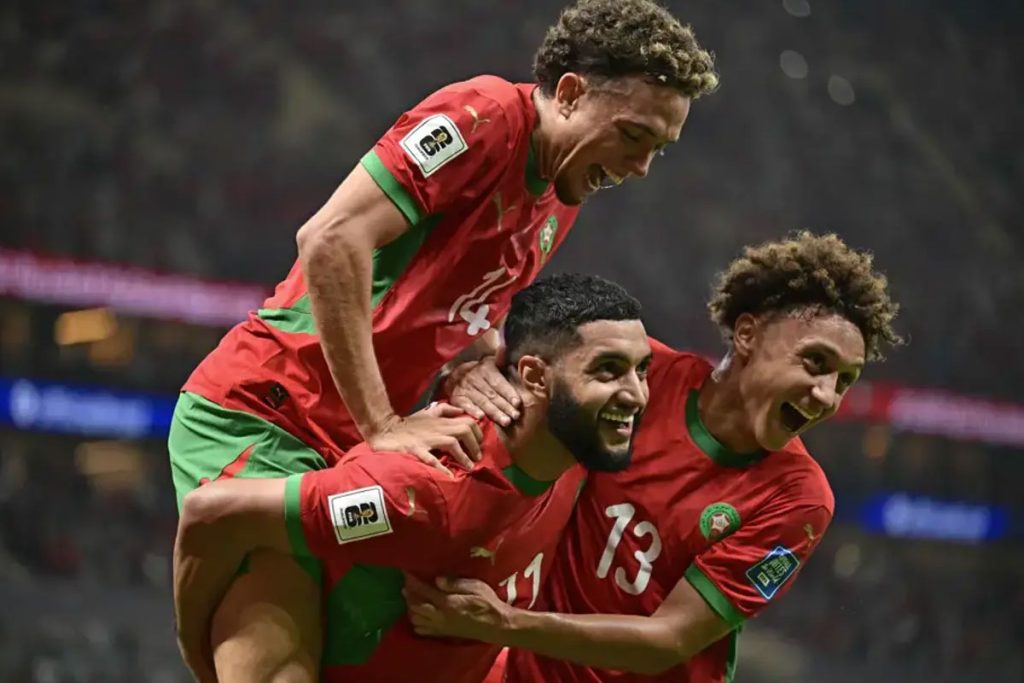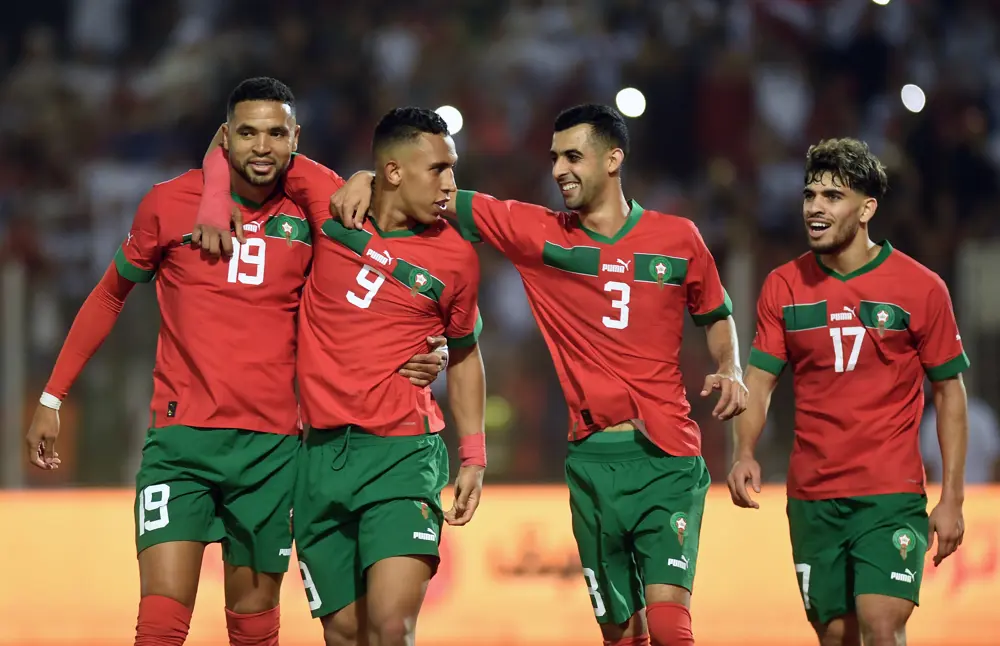Morocco has secured its spot in the FIFA World Cup 2026, becoming the first team from the continent to punch their ticket to the prestigious tournament. This significant milestone was reached following Morocco’s commanding 5-0 victory over Niger on Friday night in Rabat.
The win capped off a dominant performance in Group E of the African qualifiers, allowing the Atlas Lions to clinch the top position with two matches still remaining.
Their success was further bolstered by the withdrawal of Eritrea from the group, ensuring that Morocco’s qualification journey remains unblemished. This will mark Morocco’s third consecutive World Cup appearance and a total of seven in its history.
As the African qualifying campaign has progressed, Matchday Seven has seen most groups nearing completion, with only three fixtures left to play in November and March for several contenders.

Morocco has consistently showcased its prowess on the pitch, recording impressive victories against other group members, including a pair of 2-0 wins against Tanzania, a 2-1 result over Zambia, and a staggering 6-0 triumph against Congo.
Leading their scoring efforts, striker Ayoub El Kaabi has been a standout performer, netting four goals throughout the qualifiers.
With Africa’s allocation of nine automatic places for the expanded tournament taking place in Canada, Mexico, and the United States, Morocco’s early qualification sets the stage for the remaining teams vying for a coveted spot.
The Moroccan football team is riding high on the momentum of its profound success from the Qatar 2022 World Cup, where they made history by defeating powerhouses Spain and Portugal, ultimately finishing in fourth place the best result ever for an African nation.
The tactical strategies employed by coach Walid Regragui, marked by defensive solidity, midfield fluidity, and swift counter-attacks, have continued to bear fruit throughout the current qualifiers.
As the excitement builds for the World Cup in North America, Morocco’s successful bid serves as an inspiring chapter in the narrative of African football, signaling the potential for more nations to follow in their footsteps.

